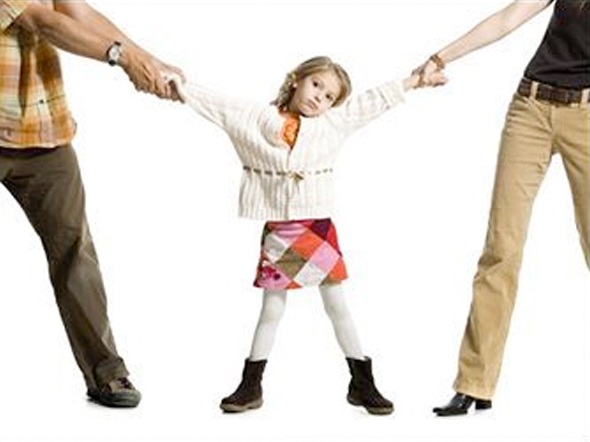Divorce – How Will It Affect My Children? Divorce is a complex and emotionally charged process that can have a profound impact on the entire family, especially the children involved. Parents facing divorce often grapple with concerns about how the separation will affect their children’s well-being and emotional development. While every family’s situation is unique, research and experts in the field provide valuable insights into the potential effects of divorce on children.

Divorce – How Will It Affect My Children?
Understanding the Impact of Divorce on Children
Emotional Turmoil – Divorces can be emotionally overwhelming for children. They may experience a wide range of emotions, including sadness, anger, confusion, and anxiety. The disruption of their family structure can lead to a sense of loss and insecurity, as they may feel torn between their parents’ conflicting needs and emotions.
Adjustment Challenges – Children often need time to adapt to the changes that come with divorce. Adjusting to a new living situation, school, and daily routine can be challenging. Maintaining a sense of stability and consistency in their lives can help children navigate these changes more smoothly.
Academic Performance – Divorce can impact a child’s academic performance. The stress and emotional upheaval can make it difficult for children to concentrate on their studies. Parents should communicate with teachers and provide additional support to help their children maintain their academic progress.
Social Relationships – Divorce can also affect a child’s social relationships. They may struggle with feelings of embarrassment or shame about their family situation. Open communication with your child can help them process their feelings and maintain healthy friendships.
Long-Term Effects – Research indicates that the effects of divorce on children can extend into adulthood. However, it’s essential to note that not all children of divorced parents experience negative long-term effects, and many thrive despite the challenges.
Mitigating the Impact of Divorce on Children
Open Communication – Maintaining open and honest communication with your children throughout the divorce process is crucial. Encourage them to express their feelings and concerns, and assure them that their well-being is a top priority.
Co-Parenting – Effective co-parenting is essential for minimizing the impact of divorce on children. When parents can work together to create a stable and supportive environment for their children, it can significantly improve their adjustment to the new family dynamic.
Counseling and Support – Seeking professional counseling or therapy for children and parents can be beneficial. These services provide a safe space for emotional processing and coping strategies.
Routine and Consistency – Creating a sense of stability and routine in the children’s lives can help them adapt to their new circumstances. Consistency in schedules, rules, and expectations can provide a sense of security.
Encouraging Resilience – It’s important to instill resilience in your children by helping them understand that they have the strength to overcome challenges. Encourage them to pursue their interests and support their personal growth.
Divorces can be a challenging and emotionally charged experience for all family members, especially children. While it may have a significant impact, it’s not necessarily a sentence to a lifetime of negative consequences. With the right support, open communication, and a focus on creating a stable and nurturing environment, children can successfully navigate the challenges of divorce and emerge as resilient individuals capable of leading fulfilling lives. Divorce may be the end of one chapter, but it can also be the beginning of a new and more positive one for both parents and children.
If you have questions about the topic of divorce or other family law related matters, contact the Law Offices of Kevin Kensik in Torrance, California.
Tags: Divorce